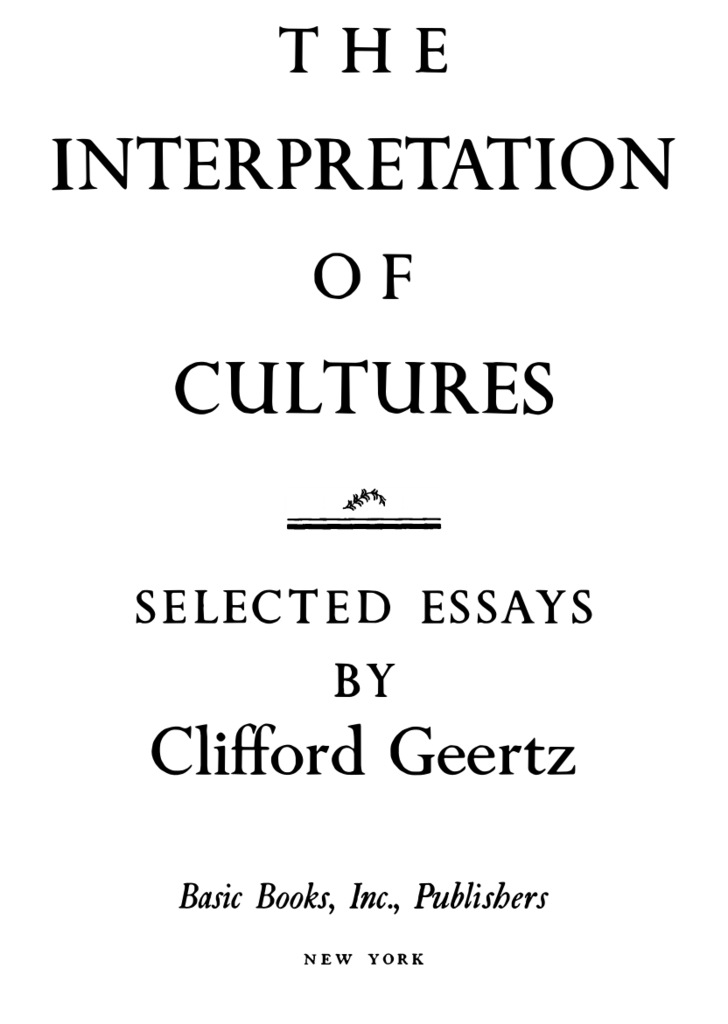

Turner, influenced by Emile Durkheim, was concerned with the operations of “society” and the ways in which symbols function within it. Geertz was influenced largely by the sociologist Max Weber, and was concerned with the operations of “culture” rather than the ways in which symbols influence the social process. The major difference between the two schools lies in their respective influences. I nterestingly, however, Turner, Geertz, and Schneider were together at the University of Chicago briefly in the 1970s). David Schneider was also a major figure in the development of symbolic anthropology, however he does not fall entirely within either of the above schools of thought. One is associated with Clifford Geertz and the University of Chicago and the other with Victor W. Studying these types of social forms allows researchers to study the role of symbols in the everyday life of a group of people (Des Chene 1996:1274).Īs implied above, symbolic anthropology can be divided into two major approaches. Symbolic anthropologists have also studied other forms of social organization such as kinship and political organization. Traditionally, symbolic anthropology has focused on religion, cosmology, ritual activity, and expressive customs such as mythology and the performing arts (Des Chene 1996:1274). The second major premise is that actions are guided by interpretation, allowing symbolism to aid in interpreting conceptual as well as material activities. The first is that “beliefs, however unintelligible, become comprehensible when understood as part of a cultural system of meaning” (Des Chene 1996:1274). There are two major premises governing symbolic anthropology. Symbolic anthropology views culture as an independent system of meaning deciphered by interpreting key symbols and rituals (Spencer 1996:535).

Geertz’s position illustrates the interpretive approach to symbolic anthropology, while Turner’s illustrates the symbolic approach. Victor Turner, on the other hand, states that symbols initiate social action and are “determinable influences inclining persons and groups to action” (1967:36).

According to Clifford Geertz, humans are in need of symbolic “sources of illumination” to orient themselves with respect to the system of meaning that is any particular culture (1973a:45). Symbolic anthropology studies symbols and the processes,such as myth and ritual, by which humans assign meanings to these symbols to address fundamental questions about human social life (Spencer 1996:535). These interpretations form a shared cultural system of meaning–i.e., understandings shared, to varying degrees, among members of the same society (Des Chene 1996:1274).

Symbolic anthropology studies the way people understand their surroundings, as well as the actions and utterances of the other members of their society.


 0 kommentar(er)
0 kommentar(er)
